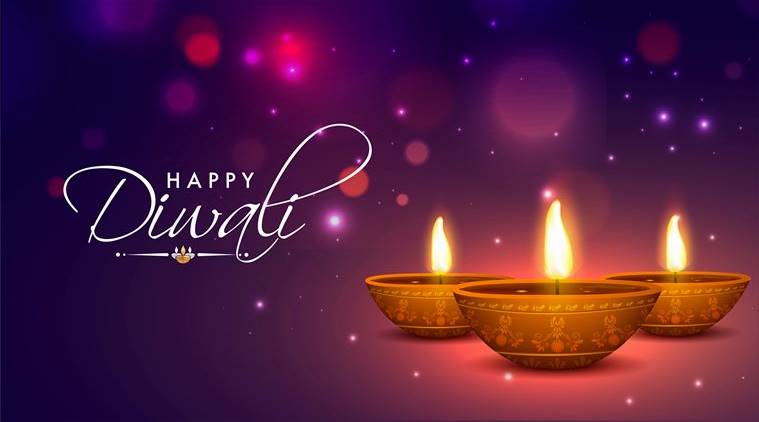Diwali 2018: History, Importance and Significance of Diwali festival in India
Diwali 2018 (Deepavali 2018) History and Importance: The five-day celebrations of Diwali begin with Dhanteras and conclude with Bhai Dooj. This year, the festival of lights will be celebrated on November 7.

Diwali 2018: This year, the festival will be celebrated on November 7. (Source: Thinkstock/Getty Images)
Diwali 2018 History and Importance: Diwali or Deepavali, which is the festival of light indicates the triumph of light over darkness, good over evil. It falls on the day of ‘amavasya’ or new moon in the Hindu month of Kartik. This year the festival will be celebrated on November 7.
Diwali begins at the end of the cropping season and is often associated with wealth and happiness. According to mythology, the festival is mentioned as Deepapratipadutsava in the seventh century Sanskrit play Nagananda, where newlywed couples were given gifts and lamps in remembrance of Lord Vishnu and goddess Lakshmi’s marriage.
Deepavali is also referred to as Dipamalika in the famous Sanskrit poet Rajasekhara’s ninth century work Kavyamimamsa, where traditions of homes being cleaned and decorated with lights are mentioned. Hence, during this time, it is a ritual to clean rooms and offices and adorn houses with lights.
Today, many celebrate it in remembrance of the return of Lord Rama and Sita after 14 years of exile, while others honour the return of Pandavas after 12 years of vanvas and a year of agyatvas. The festival, according to popular legend, is also associated with the story of Yama and Nachiketa on Kartika amavasya — one that narrates the tale of true wealth, knowledge and right versus wrong. It is also one of the reasons why Diwali is celebrated as the festival of prosperity, wisdom and light.
The five-day celebrations of Diwali begin with Dhanteras and conclude with Bhai Dooj. On the third day, people collectively participate and partake in the celebrations of Diwali.






















No hay comentarios:
Publicar un comentario